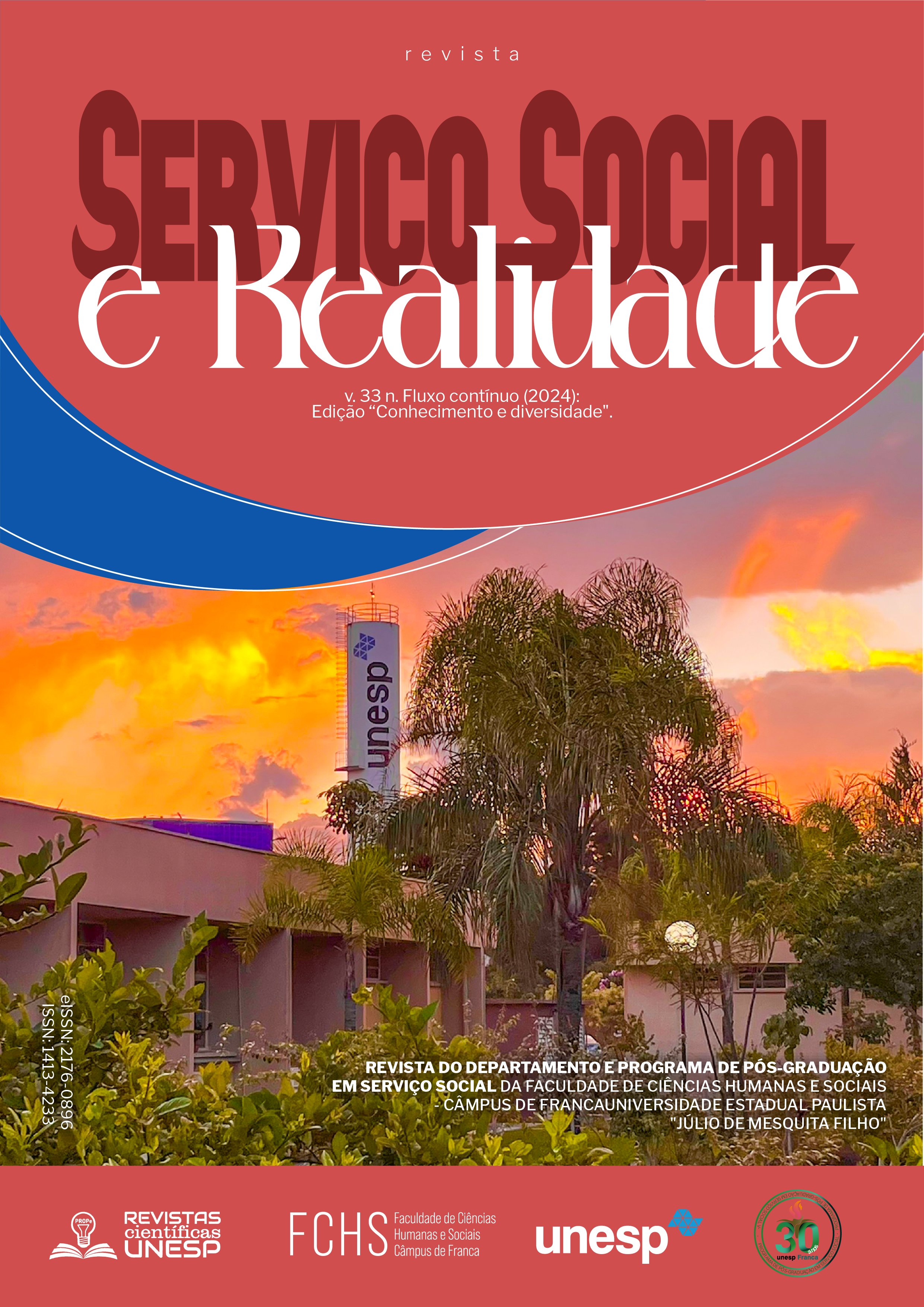PAULO FREIRE E O SONHO POSSÍVEL: EDUCAÇÃO POLÍTICA, UTOPIA E LUTA
Resumo
O presente artigo tem como objetivo geral analisar a percepção crítica de Paulo Freire sobre o sonho possível, destacando o caráter de coletividade, estrutura teórica e prática para o seu alcance. E como objetivos específicos: - Compreender que a educação política deve ser uma prioridade, pois tudo requer decisão política, - Destacar a mensagem de luta história deixada por Paulo Freire; - Ressaltar que não existe o amanhã sem projeto, sem sonho, sem esperança e, sem utopia. Em termos metodológicos, trata-se de uma pesquisa com o emprego dos métodos mistos. Desse modo, realizou-se um estudo bibliográfico consultando as obras do educador, esmiuçando três ideias-força essenciais: educação política, luta e utopia. Em seguida, utilizou-se a técnica de análise de conteúdo, com o uso do Microsoft Excel e do World Sift.org, para sistematização e análise dos dados gerados. Salienta-se que a educação política, será sempre um diferencial na busca coletiva do sonho possível. Mas ela precisa estar associada à luta e à utopia. Destaca-se a relevância e atualidade do pensamento Freireano na afirmação da educação emancipadora, para construção de uma sociedade sem
oprimidos e opressores e com justiça social.
Downloads
Publicado
Edição
Seção
Licença
Os manuscritos aceitos e publicados são de propriedade da revista Serviço Social & Realidade.Os originais deverão ser acompanhados de documentos de transferência de direitos autorais contendo assinatura dos autores.
É vedada a submissão integral ou parcial do manuscrito a qualquer outro periódico. A responsabilidade do conteúdo dos artigos é exclusiva dos autores.
É vedada a tradução para outro idioma sem a autorização escrita do Editor ouvida a Comissão Editorial.


